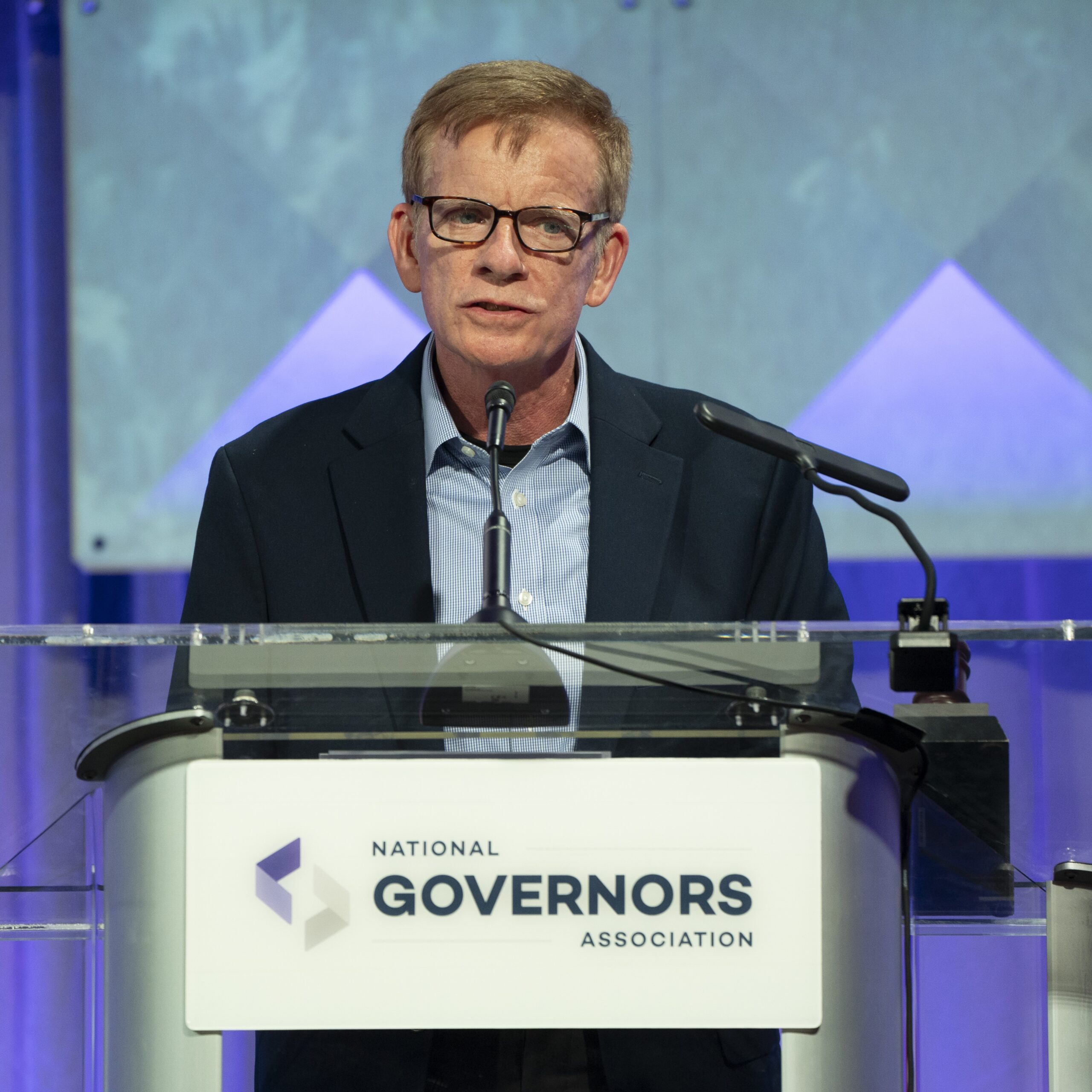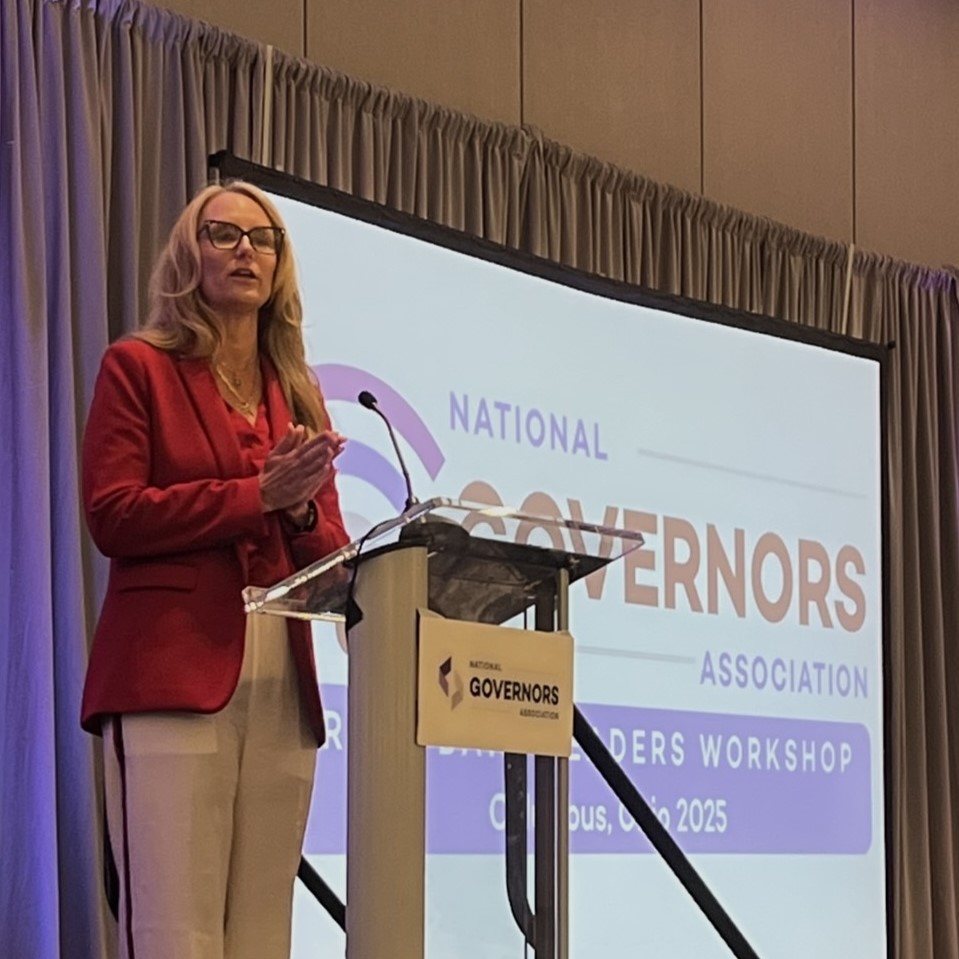The National Governors Association, the nonpartisan association of the 55 governors of U.S. states and territories, issued a letter to congressional leadership calling for swift action on renewing funding for the Temporary Assistance for Needy Families program, which was interrupted Dec. 22 by the partial shutdown of the federal government. Without passage of an extension bill by the Senate and a presidential signature, states are facing an especially dire challenge in maintaining benefits to 1 million adults and 2.5 million children.
The letter specifically cites North Carolina as exhausting its TANF funding early next month, absent positive action by the Senate and president. (The House already voted for an extension bill.)
“Impacts of a lack of TANF funding and authorization vary among states. Some states are using previous-year funding to cover costs. At least one state expects to exhaust its funding in early February while others will be able to cover the program for the next several months. States’ abilities to continue covering these costs may change based on caseload and enrollment,” Oregon Governor Kate Brown and Massachusetts Governor Charlie Baker, the chair and vice chair of the NGA Health and Human Services Committee, say in the letter.
This is the NGA’s third formal letter to federal leaders on the shutdown. In December, before the stalemate resulted in a cessation of many government services and furloughed 800,000 employees, association leadership called on Congress and the White House to reach a compromise that would keep government running. On Jan. 7, as what would become the longest such shutdown in U.S. history continued, NGA leadership urged Congress and the president to reopen the government pending final resolution of their disagreements.
In addition to the potential impact on TANF programs, the partial government shutdown has led to unemployment claims, despoiled and shuttered parks, lost funding for rural development and land and water conservation projects, and uncertainty in tax collections upon which states rely.
Full text of the letter is below:
January 20, 2019
The Honorable Nancy Pelosi
Speaker of the House
United States House of Representatives
U.S. Capitol Building
Washington, D.C. 20510
The Honorable Kevin McCarthy
Minority Leader
United States House of Representatives
U.S. Capitol Building
Washington, D.C. 20510
The Honorable Mitch McConnell
Majority Leader
United States Senate
U.S. Capitol Building, Room S-230
Washington, D.C. 20510
The Honorable Chuck Schumer
Minority Leader
United States Senate
U.S. Capitol Building, Room S-224
Washington, D.C. 20510
Dear Speaker Pelosi, Minority Leader McCarthy, Majority Leader McConnell, and Minority Leader Schumer:
We write to congratulate the House of Representatives for passing H.R. 430 to extend the Temporary Assistance for Needy Families (TANF) program through June 30, 2019 and allow payments to states to resume, and we urge the Senate to pass the bill and send it to the president for signature.
The TANF program’s funding and authorization expired with the start of the partial government shutdown that began on December 22. Impacts of a lack of TANF funding and authorization vary among states. Some states are using previous-year funding to cover costs. At least one state expects to exhaust its funding in early February while others will be able to cover the program for the next several months. States’ abilities to continue covering these costs may change based on caseload and enrollment. Payments to both individuals and families, in addition to support services funded by TANF, are at risk unless funding is restored.
We understand that without further action it is possible the Congressional Budget Office will not include TANF in its baseline calculation expected in March. That means that the program would have to not only be restarted via legislation but also paid for and offset. It is untenable for states to administer effective TANF programs given the current uncertainty.
We are calling on the Senate to pass a TANF extension bill quickly and send it to the president for signature. A short-term extension is challenging for states, and we look forward to working with Congress on a long-term reauthorization in the near future. Thank you, and please contact Annie McColaugh in Governor Brown’s office at Annie.McColaugh@oregon.gov, or David Garriepy in Governor Baker’s office at David.Garriepy@state.ma.us with any questions.
Sincerely,
Governor Kate Brown, Oregon
Chair
National Governors Association
Health and Human Services Committee
Governor Charlie Baker
Vice Chair
National Governors Association
Health and Human Services Committee












